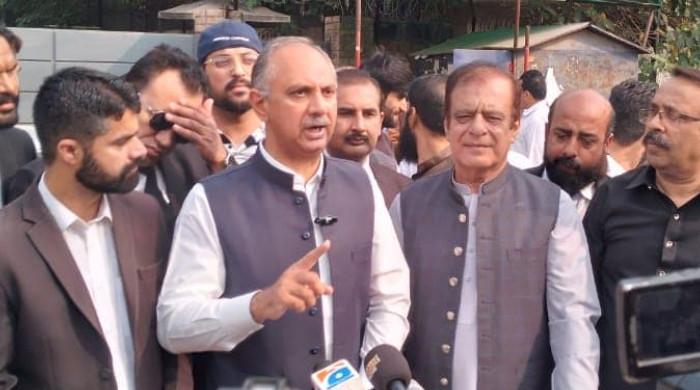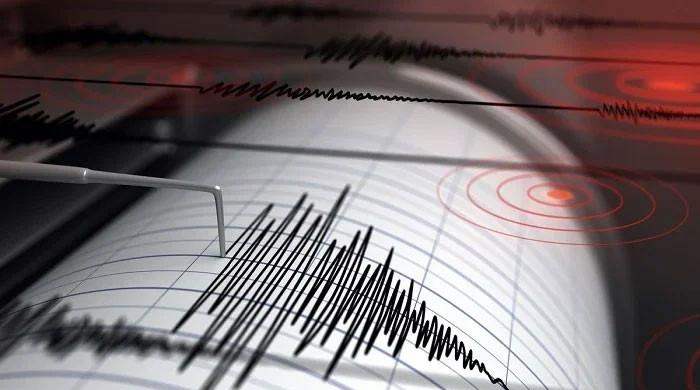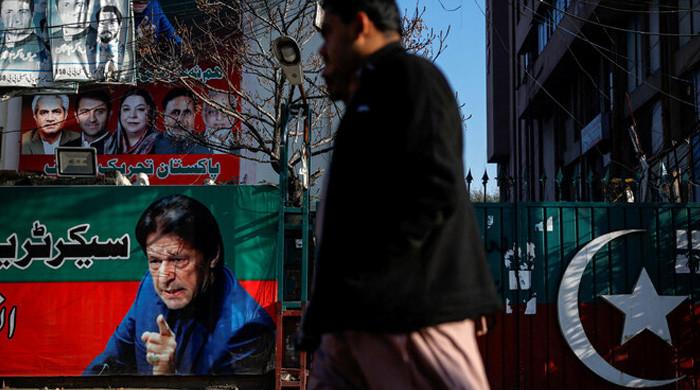WATCH: Pakistani rice sold in international market labeled 'made in India'
This year, Pakistan will export 36 million tonnes of rice across the world, says DW
January 25, 2022
Pakistani rice traders are reportedly unhappy after they found out that Pakistani rice is being sold in the international market with a "made in India" tag.
Speaking to Deutsche Welle (DW) a German international broadcaster, the Managing Director of Charagh Group of Companies Khalil Ahmed said that "Indians in Muscat, Saudi Arabia, and Dubai purchase rice from us but sell it under their own brands and labelling."
Pakistan's rice export association has filed a lawsuit against Indian rice purchaser companies in an international court. But since the case is still pending in court, the association has declined to speak with DW about the matter.
According to rice traders, the issue is not just about branding.
Ahmed explained that as a result of crop cultivation when farmers sow the seed, rice becomes scarce in the market, which naturally increases the price of rice. Once the crop has reached maturity, the farmer begins harvesting.
He stated that 10% to 20% of paddy is broken during the reaping process due to a lack of modern equipment. Once the rice crop reaches the mills, the crop must be dried and husked, which requires more modern machinery.
Similarly, the rice breaks during the process and all of these factors add to the cost.
This year, Pakistan will export 36 million tonnes of rice to a lot of different countries, with basmati rice accounting for 20% of the total.
Germany faces similar trademark issue
Balima, a company that produces balsamic vinegar in Kale, a small city in Germany, also filed an appeal in court, claiming that they wish to use the term "balsamic vinegar" for their brand, which is a specialty of Italy.
Theo Barel, the founder of Balima, told DW that he is unable to understand why companies that purchase grapes from all over the world can call their product balsamic vinegar,
"But we, at Balima, purchase fresh fruits and use them in our product, but are not permitted to call it balsamic vinegar," he said.
Theo won the case at the European Court of Justice and now sells his product to restaurants throughout Europe.











